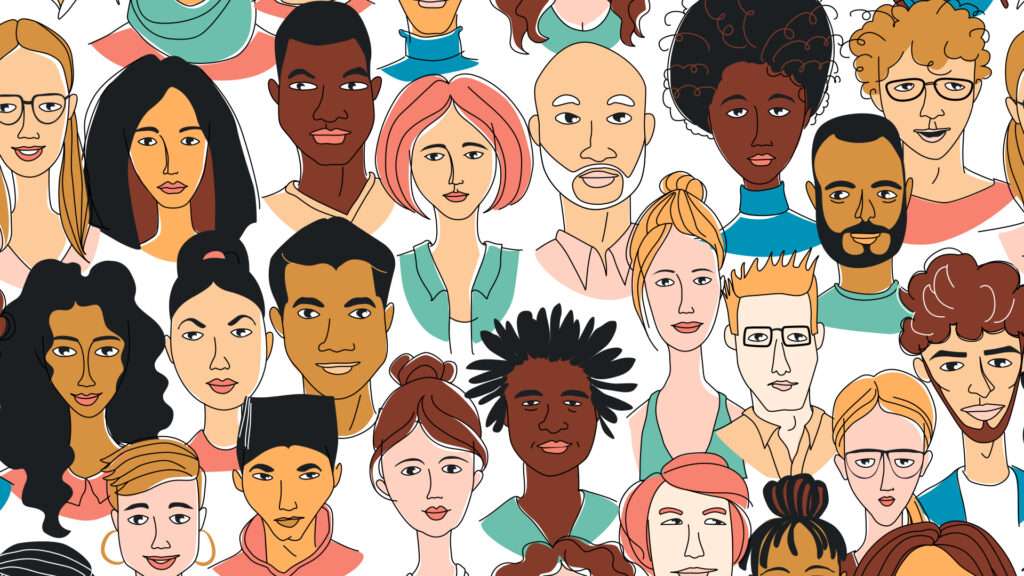Expanding immigration will not erase racism in Canadian society

Repairing our labour shortages through immigration without addressing endemic racism means migrants won’t come to Canada or stay for long.
In its latest immigration plan, the federal government says it hopes to welcome almost 1.5 million new permanent residents between 2023 and 2025, up from approximately one million in the immigration targets for 2020-22. The economic benefits of increased immigration aside, there remains a major elephant in the room that Canada is still not ready to address – racism and discrimination against “visible minorities” – code for non-white immigrants.
While recent surveys claim that public opinion in Canada is more in favour of immigration than ever, recent practices suggest otherwise. Examples include heightened surveillance of select immigrant populations, intense scrutiny of some of their financial resources and discrimination against migrant workers. There have also been incidences of hate crimes against members of immigrant groups. The government must address the issue of racism in immigration policy with a series of broad measures. Otherwise, if left unaddressed, these incidences have the potential to work against Canada’s intentions to continually increase immigration levels and grow its economy.
This is the key failing of the government’s plans on immigration, past and present. Although the latest plan does discuss anti-racism measures much more than previous versions, it is strictly in the context of Immigration, Refugees and Citizenship Canada’s own organizational strategy. Unfortunately, it does not address the real issue – that racism is not just organizational, it is endemic in Canadian society.
A national immigration plan cannot succeed in the long term if it does not acknowledge or address racism and discrimination in society. This is important because eight out of the top 10 source countries for immigrants to Canada, accounting for almost 70 per cent of annual intake, are non-white countries from the Global South.
This disconnect is becoming blatantly obvious in many ways. For instance, it is impossible to view the increase in immigration numbers without looking at the impact of regressive laws and policies such as Bill 96 in Quebec on new immigrants.
Racism affects not only our social connections with immigrants, but also our economic dependence on them. Canada’s approach to immigration has been to view migrants as a source of labour. That approach is bound to create tensions in the long term.
Pour lire la suite de l’article, cliquez ici.
Source: Options Politiques, Themrise Khan, 13 février 2023



Réponses